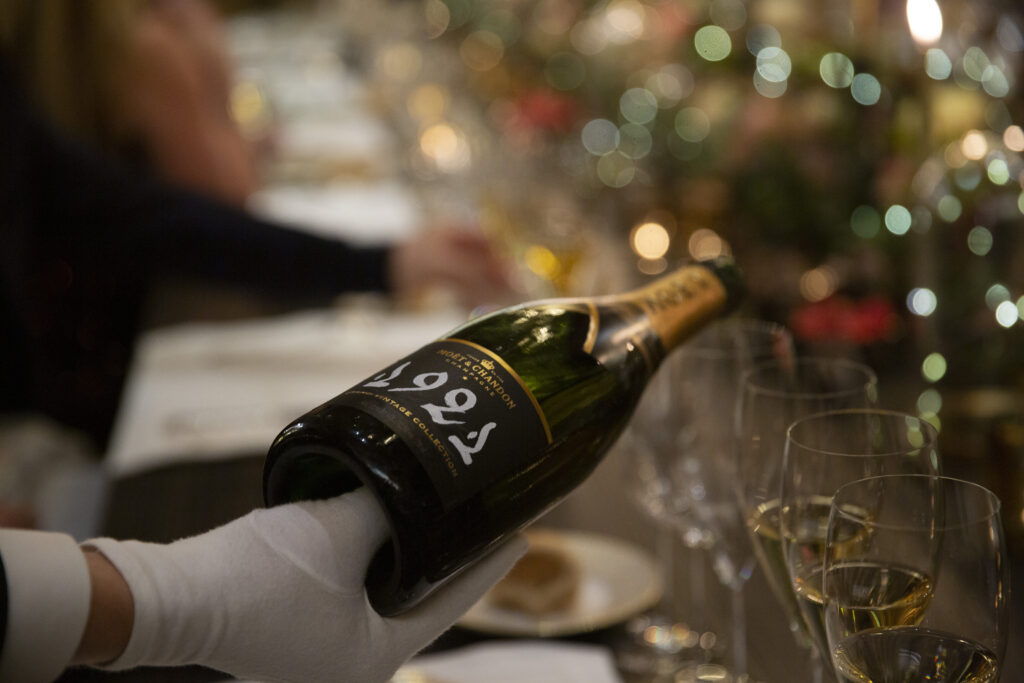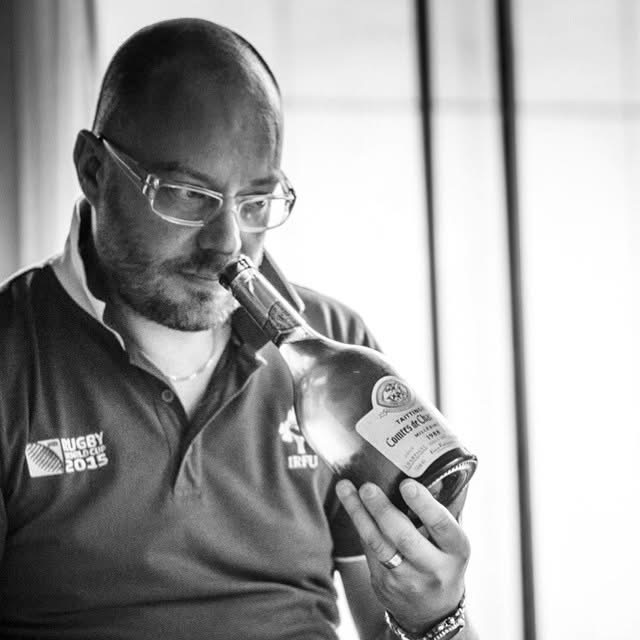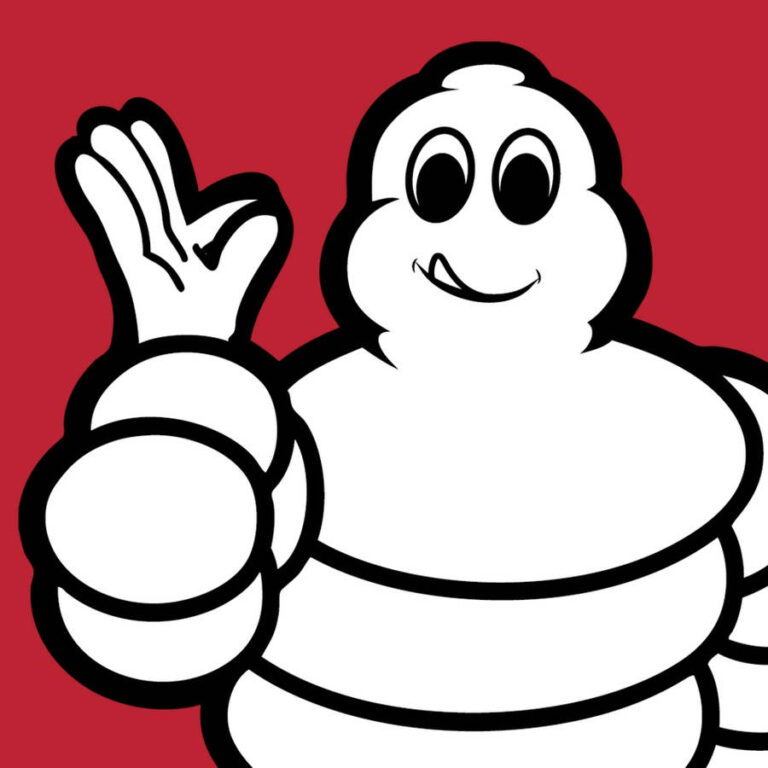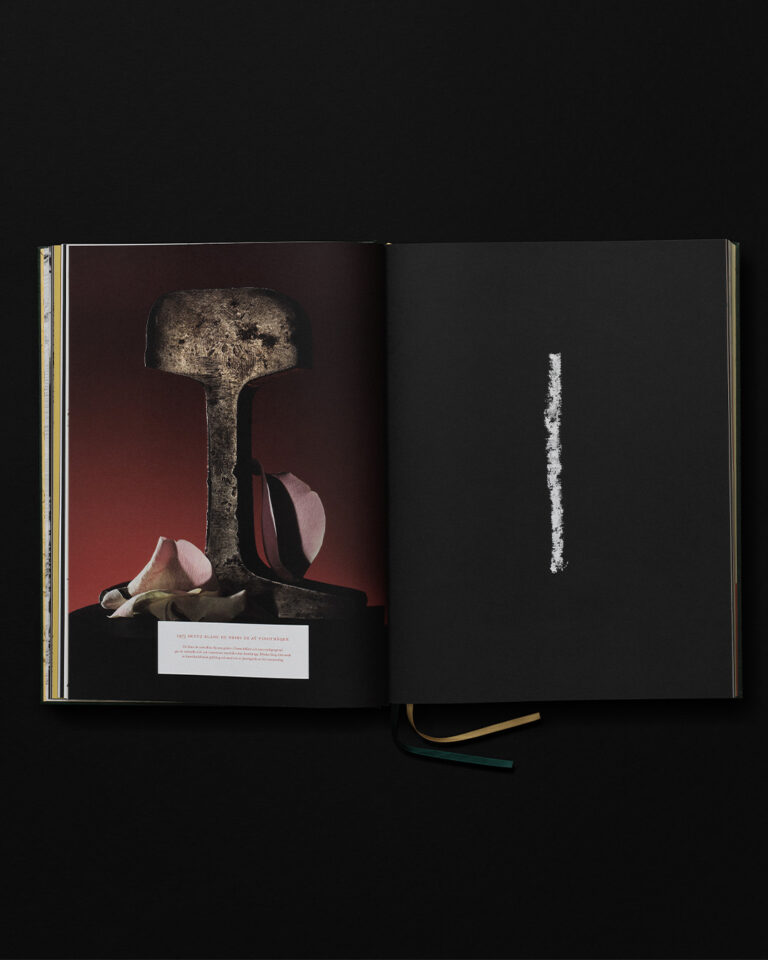Richard Juhlin was invited by Moët & Chandon to celebrate the 100 year celebration of the vintage 1921. Read the story & tasting notes below. But first watch the video.
Estimated reading time: 3 minutes
Moët & Chandon
The Moët family originally comes from Holland, but has been active in Champagne since the fifteenth century. The Champagne domain was established in 1743 by Claude Moët, but rose to fame under the leadership of Jean-Rémy at the beginning of the nineteenth century. Napoleon, who studied at the military academy in Brienne, became good friends with Jean-Rémy, who soon became the mayor of Épernay. It was the start of a fabulous success story! In order for Napoleon to have a suitable place to stay on his many visits to Champagne, Le Trianon Palace was built opposite Moët & Chandon on the Avenue de Champagne. Just before Napoleon was arrested and sent to Elba, he visited Moët to present Jean-Rémy with the French order of merit, the Légion d’Honneur. Despite the defeat at Waterloo, Moët’s Champagne increased in popularity.
In 1832 the name was changed to Moët & Chandon and the company proved successful throughout the industrialised world. Millions of bottles were being sold at the beginning of the twentieth century, and since then production has steadily increased, apart from a brief hiatus early in the 1990s.
Nowadays the domain owns over 553 hectares at forty-four villages, but this is still not enough. As all of 200 villages are used in the non-vintage cuvée, 75 per cent of the grapes must be bought. As much as 82 per cent of the entire production is exported.
Despite Moët achieving enormous success with their regular non-vintage Champagne, the step-up in quality for all of their vintage wines is gigantic. The regular vintage wine is very reliable and good. Dom Pérignon is, of course, the flagship despite the fact that they try to present it as a brand of its own. The first vintage of the world’s most famous wine was 1921. A lesser-known fact is that all of Dom Pérignon’s vintages up to 1943 were actually regular Moët vintages that were transferred by transversage to replicas of eighteenth-century bottles. The ’21 is without doubt the firm’s greatest vintage Champagne.
The greatest Dom Pérignon, on the other hand, is more difficult to pin down. Most would probably put their money on the ’61, though personally I am very fond of the ’64 and nowadays also for the ’76. Number one right now is 1966 P3 in magnums. The company’s strength lies in the large number of crus they have access to in creating their cuvées. Up until the 1960s, Dom Pérignon was constantly one of the three foremost Champagnes.
Richard Geoffroy and Benoit Gouez are two of the best winemakers in the world and fantastic Vincent Chaperon is now taking over in the same style as Geoffroy created. See to it that you do not miss the Grand Vintage and Dom Pérignons from 2008 and 2012 either. The unforgettable Oenothèque wines are among the most enjoyable world-class wines available. I know it might sound snobbish, but all DP and Moët Vintage should be consumed as Grand Vintage Collection, P2 or P3 in magnums to give them full justice!
A house with many 5-star wines.
Read the full story here;





